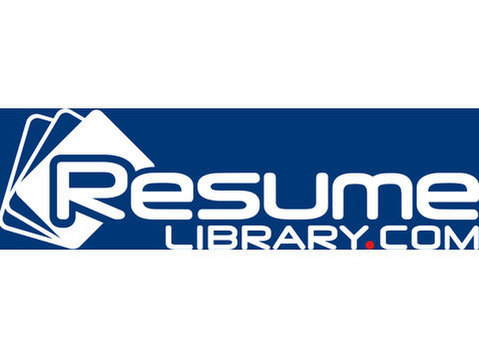Posted in: Other in Baltimore | Posted: |
Job Description
General Summary
Under general supervision, administer complex respiratory therapy procedures in the evaluation and treatment of individuals with cardiopulmonary functions threatened or impaired by developmental defects, the aging process, physical injury, or disease by administering respiratory care techniques.
Principal Responsibilities and Tasks
The following statements are intended to describe the general nature and level of work being performed by people assigned to this classification. They are not to be construed as an exhaustive list of all job duties performed by personnel so classified.
Performs a variety of respiratory care treatments to a specific patient population (adult, pediatric, or neonatal).
Explains treatments to patient and/or family before performing.
Observes and monitors physical signs and symptoms, general behavior, general physical response to respiratory care procedures. Collaborates with physician regarding therapeutic treatment plans to determine whether initiation, modification, or discontinuation of the treatment regimen is warranted.
Terminates patient treatment upon notice of patient discomfort, troubled medical status, or inability to accept treatment.
Participates in Cardiopulmonary Resuscitation (CPR) procedures, including, airway management, manual ventilation, and compression as needed.
Administers therapeutic and diagnostic gases (exclusive of general anesthesia), analgesic agents by subcutaneous injection, bronchodilator treatments, chest physiotherapy, aerosolized medication treatments in accordance with departmental procedures, as directed by a physician. Delivers oxygen and humidified air through a variety of devices to reverse and prevent tissue hypoxia, treat arterial hypoxemia, decrease the work of breathing and decrease myocardial work.
Assists with the non-surgical insertion, maintenance and removal of artificial airways.
Suctions artificial and nasal/oral airways by using a sterile disposable catheter which is inserted into the airway.
Performs age specific respiratory techniques when working the adult/pediatric/neonatal population.
I. In Critical Care areas, administers mechanical ventilation and Continuous Positive Airway Pressure (CPAP) to critical care patients, adjusts ventilation and CPAP under the direct supervision of a physician or an ICU qualified Respiratory Care practitioner, (if not ICU rated).
Evaluates the effectiveness of mechanical ventilation and other therapeutic interventions in the critically ill patient by interpreting chest x-rays, and blood gas results. Monitors patient appearance, respiration rate and oxygen saturation, and notifying doctor as required.
Ensures the effective operation, calibration and maintenance of ventilators (life support systems), pulse oximeters, nebulizers, Metered Dose Inhaler (MDI), oxygen and humidity equipment as directed by the physician in accordance with departmental procedures and standard operating procedures.
Ensures correct ventilator alarms and settings.
Makes an adjustment to ventilator parameters and settings, as necessary, in accordance with patient’s response and overall condition of the patient.
Applies cleaning/sterile techniques or ensures decontamination of equipment essential for optimal operation of the respiratory therapy equipment. Follows protocols and guidelines regarding the disinfecting of equipment.
Initiates and performs maintenance rounds on all types of oxygen and humidity equipment used through the hospital.
Ensures that all equipment in need of service is labeled appropriately and sent to biomedical engineering for repair, in accordance with departmental procedures.
Documents and reports information on activities related to patient care in accordance with departmental procedures.
Collects data, such as, Arterial Blood Gas (ABG) readings, Electrocardiogram (ECG), Hemodynamics, laboratory values and patient history to fully understand reason for adjusting patient’s life support equipment.
Evaluates and interprets arterial blood gas results, basic x-rays, and lab results, and relates them to attending physician.
Documents quality improvement information such as, inappropriate ventilator changes, incident sheets, and equipment failures. Reports to the appropriate manager or Risk Management.
Notifies physician of any problems requiring immediate attention, such as, abnormal blood results.
Provides clinical supervision, guidance, training and direction to respiratory care interns and students in accordance with departmental procedures
